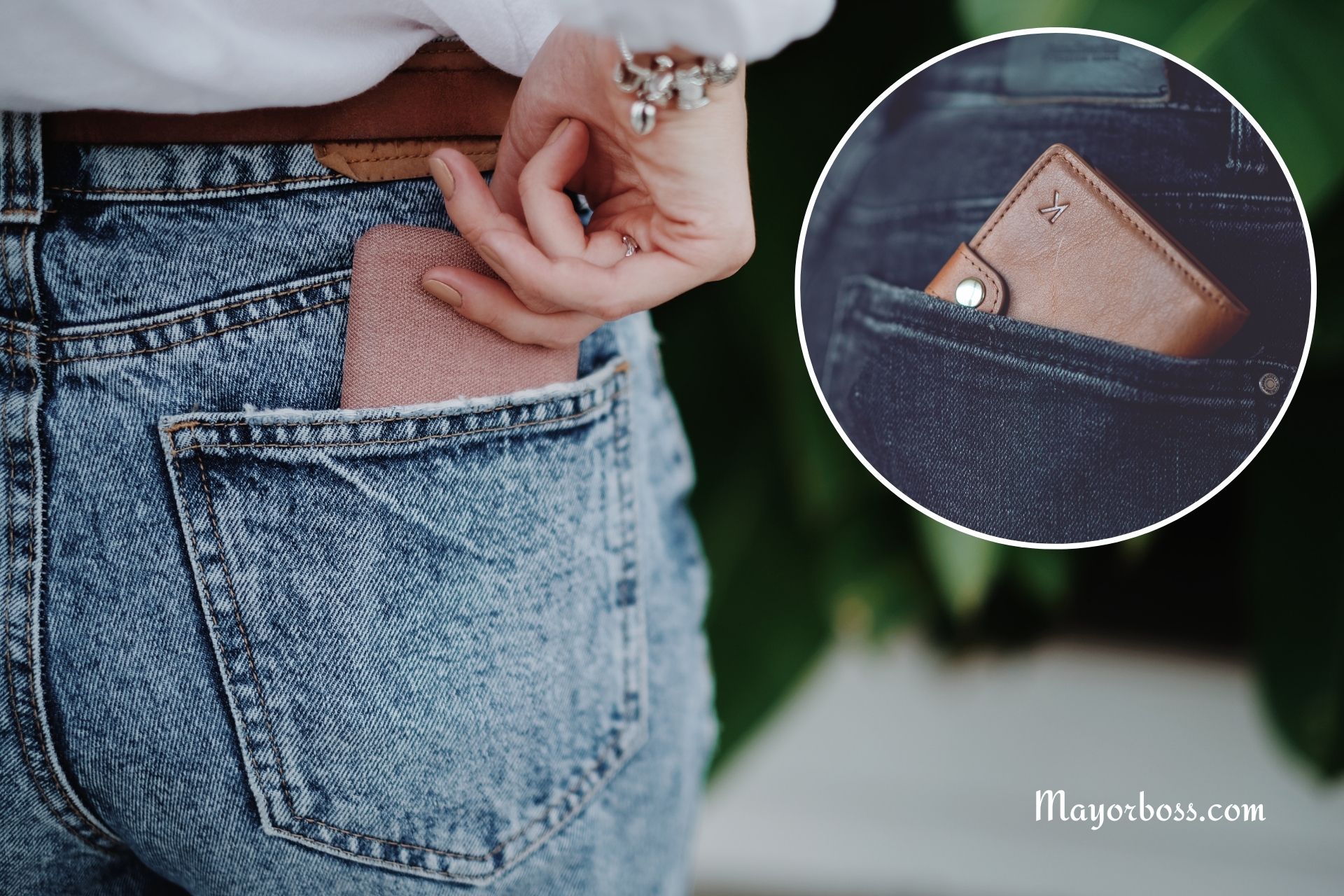4 Things You Should Never Put in Your Pocket
Every day, we carry many items in our pockets. However, some things can cause problems if kept close to your body. In this article, we explain four common items that you should not put in your pocket.

Mobile Phones
Mobile phones are a part of modern life. Many people keep them in their pockets because it is convenient. However, keeping a phone in your pocket may not be the best idea. Mobile phones give off heat when they work. This heat can warm the skin and the tissue near your phone. Over time, this extra heat may change how your cells work. Some studies suggest that extra heat in the groin area might affect sperm quality in men. Even though scientists continue to study this issue, it is best to be cautious.
Instead of placing your phone in your pocket, consider keeping it in a bag or on a table. This change helps keep your body safe from unnecessary heat. It also prevents your phone from rubbing against your skin. Small changes like this can help reduce any long-term risks.
Keys
Keys are important for opening doors and locking things. They are made of metal and have hard edges. Many people do not think twice about carrying keys in their pockets. But keys can hurt you if they press against your body. In a tight pocket, a key may press into your skin. This pressure can lead to pain and even the irritation of nerves.
For people who sit for long hours, keys in the pocket may cause discomfort. The repeated pressure may even lead to long-term issues. To avoid this problem, consider using a key holder. You can also use a wrist strap to keep your keys secure. These small changes can help protect your body from pain and discomfort.
Wallet And Cash
Many people keep cash and their wallets in their pockets. Although this may seem safe, there are a few problems. First, wallets and cash can be bulky. This extra weight may make your pocket feel heavy and uncomfortable. When you sit or walk, the weight can put pressure on your body and cause pain over time.
In addition, the materials in your wallet or the paper in your cash can wear out quickly if they are kept in a tight pocket. The constant bending and pressure may damage them. A worn-out wallet can lose its shape and make it harder to organize your money and cards. To prevent these issues, it is better to keep your wallet in a bag or a coat pocket where it has more room.
Pens and Markers
Pens and markers are everyday items that many of us carry for taking notes or writing reminders. However, keeping them in your pocket can cause problems. Pens and markers often have hard bodies and points that can poke your skin. If you accidentally press on a pen or if it shifts in your pocket, it might press against your skin and cause discomfort or even a small injury.
In addition, pens and markers are made of materials like plastic and metal. These materials can scratch or press into your skin when you sit or move around. Over time, repeated pressure can lead to irritation or bruising. Also, the ink in pens and markers may leak if they are kept in a tight space for too long. Ink leakage can stain your clothing and even your skin if it comes in contact with an open cut.
Practical Tips for Safer Storage
Keeping everyday items in your pocket is normal. Yet, small changes in how you store these items can improve your safety. Here are some simple tips to help you make better choices:
- Use a Bag or Wallet: When possible, put your mobile phone, coins, keys, and batteries in a bag. This keeps them away from your body and reduces the likelihood of harm.
- Use Protective Cases: For items like mobile phones and batteries, use cases that can protect both the item and your skin. A protective case helps reduce heat transfer and accidental leaks.
- Clean Your Items Often: Regular cleaning of items like keys can help lower the number of germs they carry. Clean items are less likely to cause an infection if they touch your skin.
- Mind Your Pocket Space: If you must keep these items in your pocket, try to arrange them so they do not press against sensitive areas of your body. For example, keep your phone in an outer pocket rather than close to your groin.
